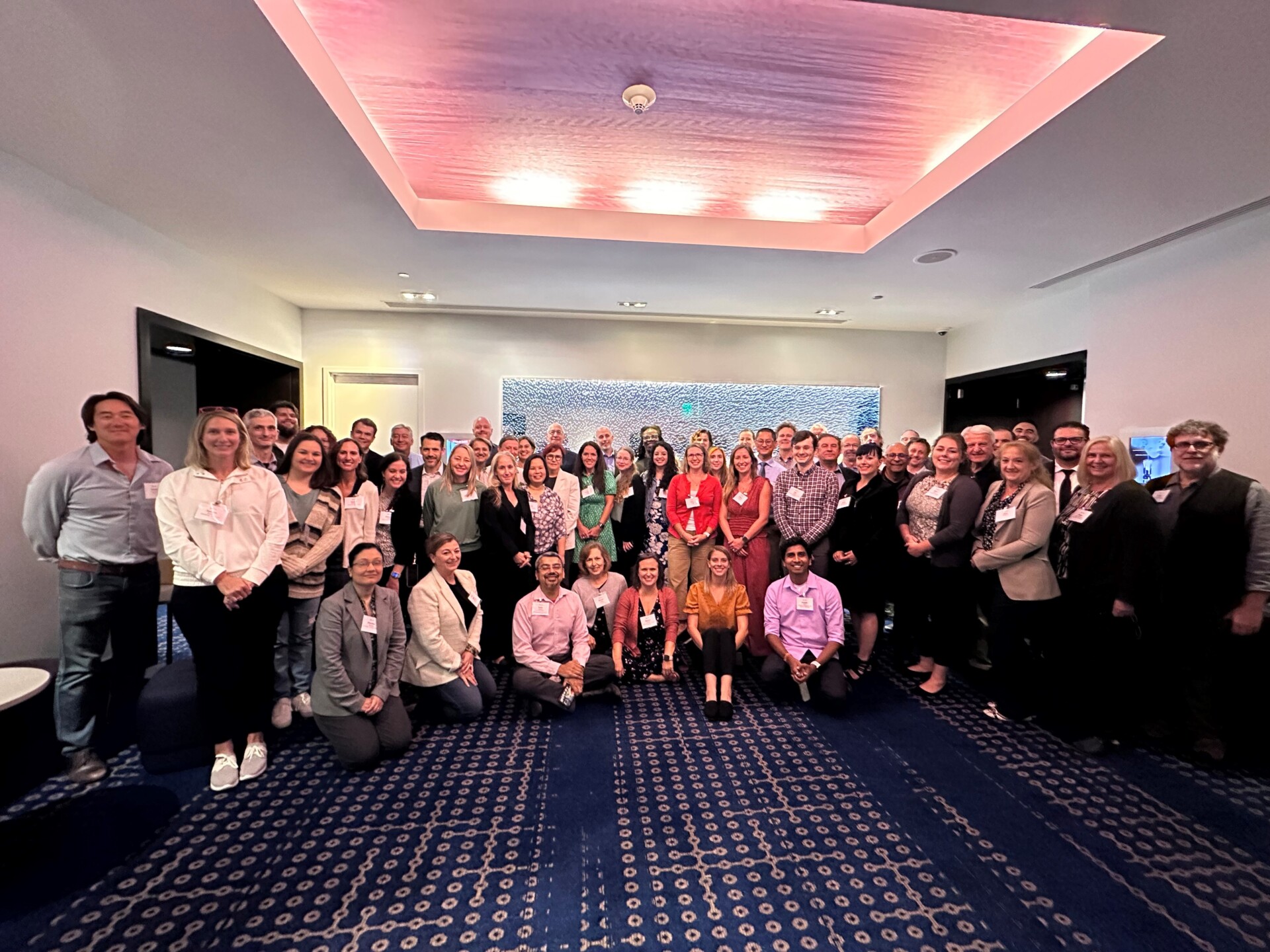About SIREN
The Strategies to Innovate EmeRgENcy Care Clinical Trials Network (SIREN) is a clinical trials network funded by the National Institute for Neurological Disorders and Stroke (NINDS), the National Heart Lung and Blood Institute (NHLBI) and the National Center for Advancing Translational Science (NCATS). The goal of SIREN is to improve the outcomes by identifying effective treatments given in the earliest stages of care.
The Strategies to Innovate EmeRgENcy Care Clinical Trials Network (SIREN) is a clinical trials network funded by the National Institute for Neurological Disorders and Stroke (NINDS), the National Heart Lung and Blood Institute (NHLBI) and the National Center for Advancing Translational Science (NCATS). The goal of SIREN is to improve the outcomes of patients with neurologic, cardiac, respiratory and hematologic emergencies by identifying effective treatments given in the earliest stages of care. SIREN is composed of a Clinical Coordinating Center, a Data Coordinating Center and 15 SIREN Award Hubs. SIREN is a scalable network and operates with a hub and spoke structure with the ability to add more clinical sites (spokes) as needed for each individual clinical trial. In developing SIREN, the NIH has recognized that pre-clinical and translational research often demonstrates a critical early window of opportunity in which novel treatments for many emergencies are optimally effective and that conducting research in the emergency setting presents unique pragmatic challenges to clinical investigators. SIREN builds upon the success of the previous Neurologic Emergency Treatment Trials (NETT) network and incorporates expertise and experiences from the Resuscitation Outcome Consortium (ROC).
SIREN is a cooperative and highly integrated clinical trials network that will build upon guiding design principles and organizational values essential for success. These include:
Focus on early treatment. The ambulance and emergency department are difficult venues in which to perform clinical trials, but it is often in the earliest phases of care that critical interventions are most likely to be effective for many neurological, cardiac and other emergent conditions. SIREN will focus on time sensitive interventions initiated in the emergency department or prior to hospital arrival, and other challenging acute care settings. Even though treatment interventions will be given early in the course of an emergent condition, many interventions must be continued into the hospital phase of care.
Focus on meaningful outcomes for patients. Like NETT and ROC, SIREN is tasked with performing pragmatic trials with readily applicable results that can immediately impact patient care. Whenever possible, protocols are streamlined and case report forms are simplified and shortened to collect only data essential to answering key questions of efficacy and safety. Primary outcomes will be patient oriented rather than disease oriented.
Enrollment will be conducted in diverse patient populations and practice environments including academic medical centers and community hospitals to ensure that results can be generalized. Adult and pediatric populations will be included in SIREN trials when appropriate. Although the treatment interventions will take place in the acute phase of care, the outcome measurements may often occur weeks or months after the intervention. SIREN will measure meaningful outcomes at the most appropriate time after treatment and not be confined to short term outcomes only.
Focus on efficiency. A scalable Hub and Spoke architecture, refined in NETT, will allow different SIREN trials to enroll at more or fewer sites depending on the nature of the condition being studied and the requirements of the protocol. Running multiple parallel trials allows more efficient use of 24/7 on call study teams that would be difficult to afford for a single study. Master agreements simplify and speed contractual arrangements. A comprehensive study management system allows sharing of regulatory documents across trials, reducing the overwhelming regulatory burden.
Focus on collaboration. Successful team science requires collaboration across disciplines and administrative divisions. Like NETT, SIREN will pursue cooperation and openness on several levels. Emergency physicians, neurologists, cardiologists, intensivists, neurosurgeons, trauma surgeons, cardiac surgeons, biostatisticians, paramedics, rehabilitation doctors, and other experts will partner in making projects work. As a cooperative agreement, NIH program officers are integral to the scientific leadership. SIREN will collaborate with other NIH funded trials networks to efficiently advance mutual goals and discoveries. We will engage the public via the exception from informed consent process, and we will expand community engagement in research through innovative collaborations with patient and research advocacy stakeholders.
Focus on transforming the clinical trials enterprise. SIREN will be dedicated to the innovative transformation of the clinical trials enterprise. This is represented by development of a deep methodological tool kit that allows the scientific question to drive the trial design, rather than awkwardly reframing questions to fit entrenched practices. Adaptive methods, registry based randomized trial methods, platform trials, and other cutting edge designs enable the right study for the right question. Furthermore, our culture of conducting research on research allows movement toward a more evidencebased clinical trials enterprise.
